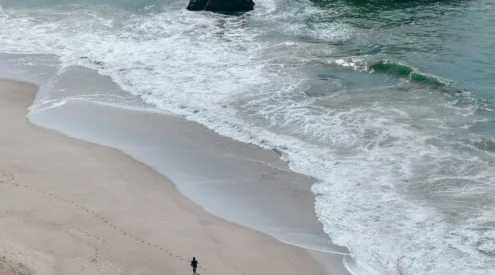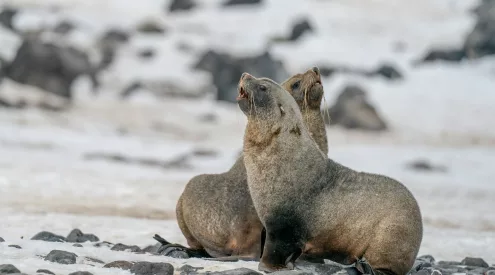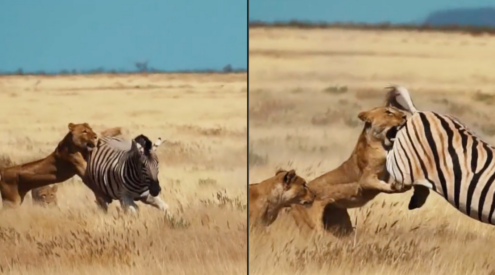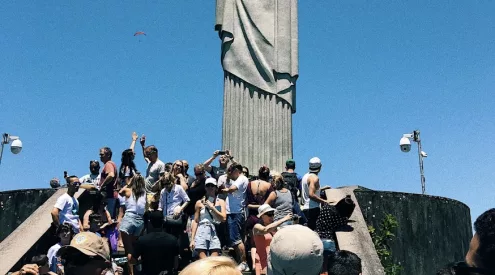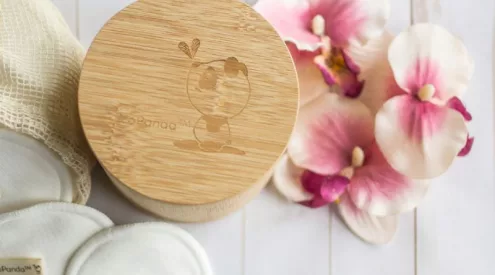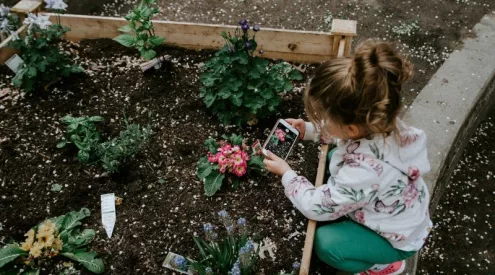Out of the 22 vervet monkeys that were poisoned, seemingly on purpose, on March 9 in Umdloti, KwaZulu-Natal, a total of 13 died while one of the survivors, a baby monkey, sustained a severe skull fracture.
Monkey Helpline, a non-profit organisation that rescues and rehabilitates monkeys in the coastal province, attended the scene after reports of a sick monkey were called in.
Co-founder and co-owner of the NPO, Carol Booth, expressed her shock at the apparent intentional poisoning of the animals in a social media post.
“My mind is consumed by relentless thoughts of the kind of retribution I want to visit upon the sadistic monster who so callously put down poison-laced food for the troop of vervet monkeys whose ancestral territory includes the residential area around the intersection of South Beach Road and Sixth Avenue in Umdloti, KwaZulu-Natal.”
Reports state that the monkeys were poisoned by consuming brown bread that was “laced with the lethal organophosphate poison, Aldicarb”.
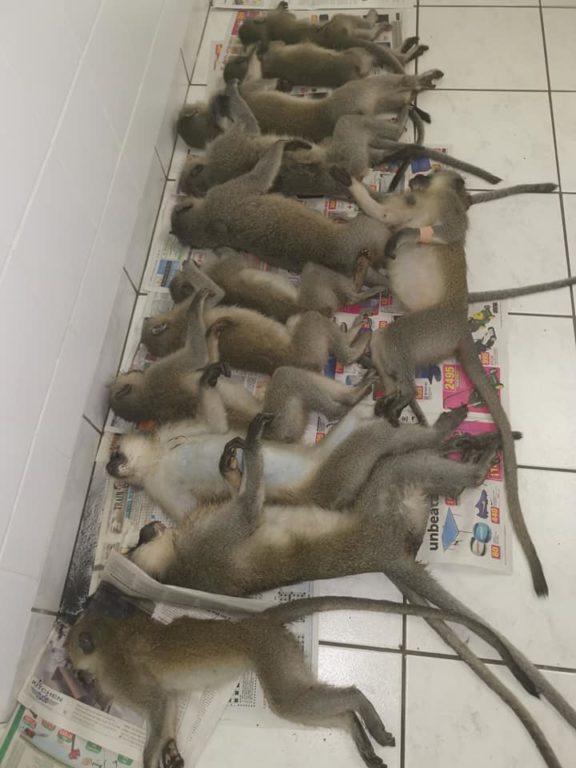
13 of the Vervet monkeys that died due to intentional poisoning. Image: Monkey Helpline
In a Facebook live post, an employee of Monkey Helpline, Steve Smith, described how the tragic deaths of the vervets will affect the surviving members of the troop.
“This is a massive blow to this troop, a whole number of these monkeys that you see here are actually mature breeding females they carry the history of that troop, the genetic line of that troop…”
Booth shared her devastation at the loss of the 13 vervets.
“It has been a soul destroying two days. Heartbreaking and physically and emotionally draining. The battle to save each individual, has been fought. Many lost but some still with us, still fighting on. Nine alive and seemingly doing well.”
Two Riverside Veterinary Clinic Vets, Dr Kerry Easson and Dr Elsa Can Biljon, had worked tirelessly to ensure the survival of the poisoned animals.
The troop in the area initially consisted of 40 monkeys, and 14 members of this troop were seen on March 11 after the poisoning incident and appeared to be doing fine. Rescue efforts were not able to catch four sick and affected monkeys in the area.
All bodies of the vervets that did not survive were taken to Legacy Pets to be cremated.
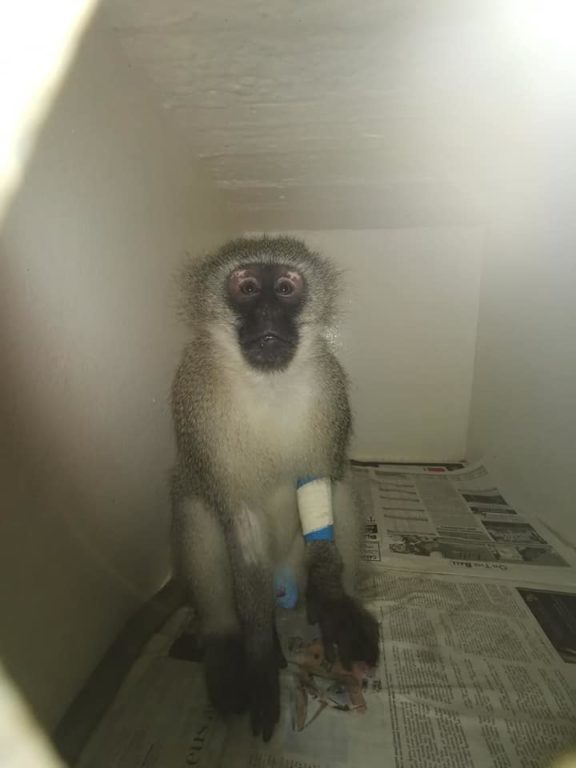
One of the rescued monkeys in the care of Monkey Helpline. Image: Monkey Helpline
Booth said the rehabilitated monkeys have not yet been released back into the wild “due to several reasons and hopefully we will be able to release them today [Tuesday, March 19]”.
Only seven out of the nine monkeys that survived will be released back into the wild, however. Booth said that one baby and one male will not be released.
The baby monkey’s mother died from the poisoning while in a tree and fell from it. The young monkey fell from the tree with its mother and sustained several injuries, including damage to its skull.
“This tiny tot was still clinging to her mom when her mom fell from a tree, convulsing and dying. Sadly mommy didn’t make it and this baby also sustained a skull fracture in the fall.”

The youngest of the monkeys who was poisoned. Image: Monkey Helpline
A male vervet estimated to be between the ages of four and five will also remain at the Monkey Helpline shelter due to sustaining “neurological problems” from the poison.

The youngest monkey that sustained a severe skull fracture. Image: Monkey Helpline
In a heartwarming effort, the community of Umdloti rallied together to raise funds of rate maintenance and rehabilitation of these injured monkeys.
“People helped with providing boxes, containers, blankets, towels… water, food and even a refreshing glass of ice cold wine. Many assisted on the dreadful day, searching for survivors, climbing into bushes, scaling trees, catching monkeys, carrying bodies, loading sick monkeys into cars and driving them through to our awaiting vet. People brought ladders, people brought food, donations, rewards, support, kind words, help and so much more.”
Monkey Helpline is grateful for the assistance of the public during the rescue.
There is currently no update on who is responsible for the crime.
Image: Monkey Helpline, Facebook


